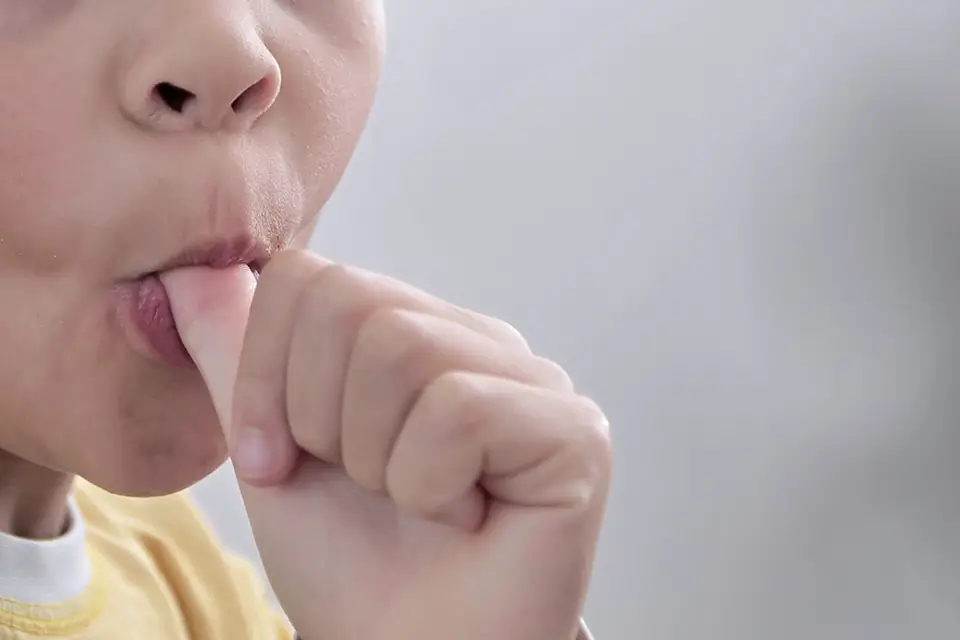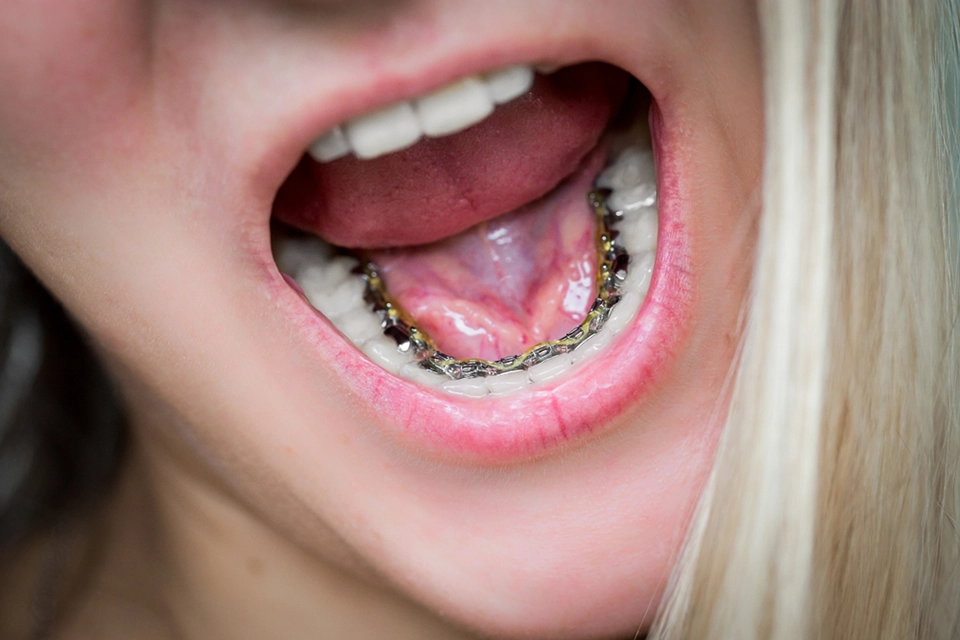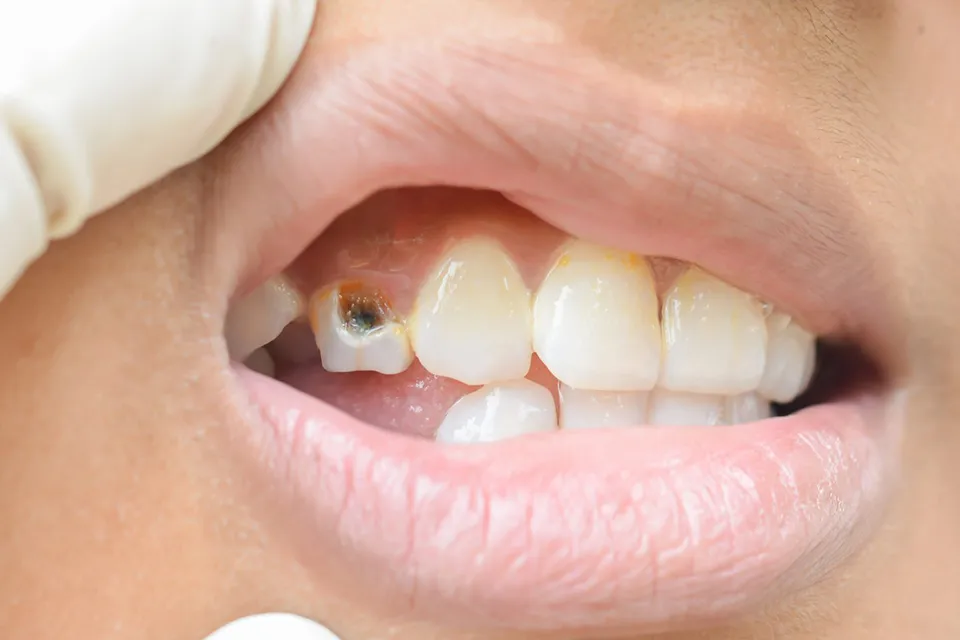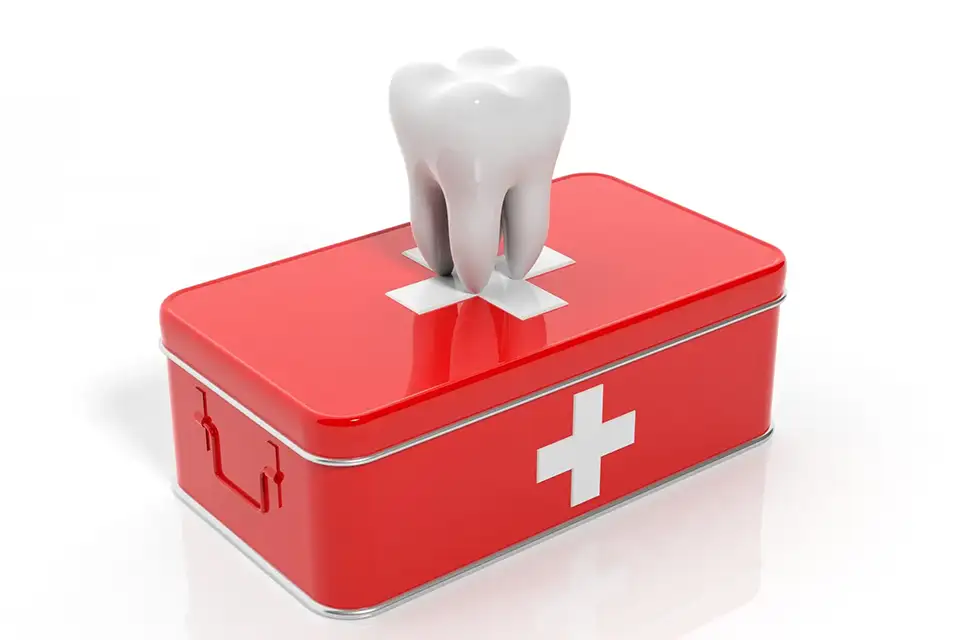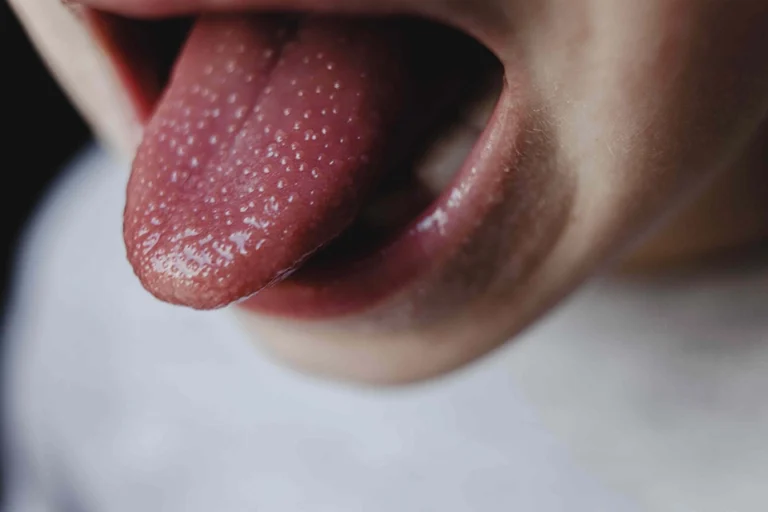Overview
Welcome to Zara Dental in Houston, Texas, where your oral health is our top priority. Tooth extraction is a routine dental treatment, and while it is usually safe, it is essential to be aware of potential problems, such as infections.
Furthermore, in this blog post, we’ll look at the indicators of infection following tooth extraction and offer valuable insights to guarantee a smooth and infection-free recovery.
Understanding Tooth Extractions
Before delving into signs of infection, let’s briefly discuss tooth extractions. Extractions are performed to preserve overall dental health, whether due to severe decay, infection, or crowding.
Moreover, our experienced staff at Zara Dental utilize cutting-edge techniques to guarantee our patients’ swift recovery and minimal discomfort.
Signs of Infection After a Tooth Extraction
Persistent Pain
While some discomfort is common following a tooth extraction, persistent and increasing pain may indicate an infection. Additionally, it is imperative that you seek medical assistance as soon as possible if the pain doesn’t subside or intensify after a few days.
Swelling and Redness
Inflammation is a normal part of the healing process, but excessive swelling and redness around the extraction site could indicate an infection. In addition, keep an eye out for any abnormal changes in the appearance of your gums.
Foul Odor or Taste
An unpleasant odor or taste around the extraction site may indicate the presence of bacteria, which could lead to an infection. Contact Zara Dental in Houston, Texas, for a comprehensive examination if you notice anything unusual.

Fever and Chills
Systemic symptoms such as fever and chills may signal the spread of an infection. It is critical to monitor your body temperature and get medical assistance if you have a persistent fever to prevent the infection from worsening.
Pus or discharge
Any discharge, especially if thick and yellowish, indicates infection. Moreover, this could be accompanied by an abscess, a collection of pus that requires immediate attention to avoid further complications.
Preventing Infections a After Tooth Extraction
Follow Post-Operative Instructions
Make sure you follow the post-operative care instructions provided by Zara Dental. This may include proper oral hygiene practices and the use of prescribed medications.
Regular Follow-ups
Schedule and attend follow-up appointments as your dentist suggests. Regular check-ups allow your dentist to monitor your healing process and address any concerns as soon as they arise.
Maintain Good Oral Hygiene
Maintain your oral hygiene routine, but be gentle around the extraction site. This helps prevent harmful bacteria and promotes a clean, healing environment.
Patient Education for Empowered Healing
In addition to recognizing signs of infection and adopting preventive measures, Zara Dental believes in empowering our patients through education. We prioritize transparent communication to ensure you know all aspects of your treatment and recovery.
Our team takes the time to explain potential risks, the importance of follow-up care, and how to recognize signs of complications. By being well-informed, you become an active participant in your dental health journey, contributing to a proactive recovery approach.
Furthermore, at Zara Dental, we believe knowledge plays a crucial role in your healing process and are available to help you at every step.
Final Thoughts
Your health is our top priority at Zara Dental in Houston, Texas. Moreover, recognizing infection symptoms after tooth extraction is critical for timely intervention and successful recovery. If you experience any of the mentioned symptoms or have concerns about your post-extraction healing process, don’t hesitate to call our skilled team. We’re here to ensure your journey to optimal oral health is smooth and infection-free.

